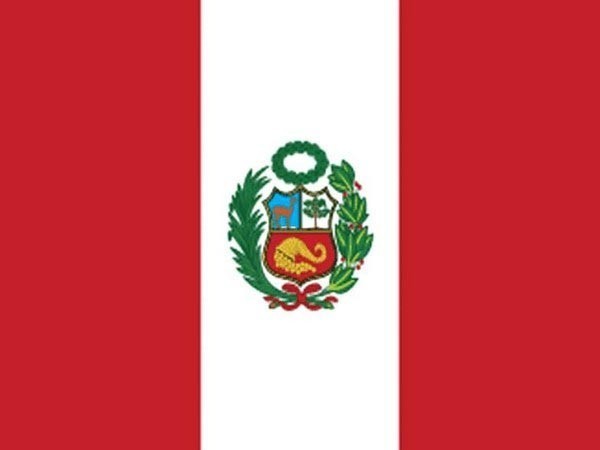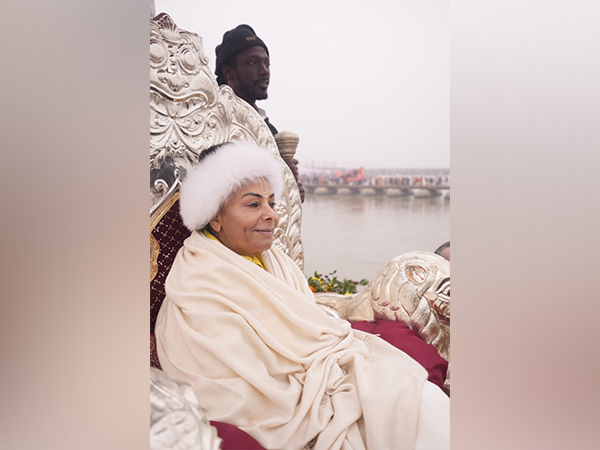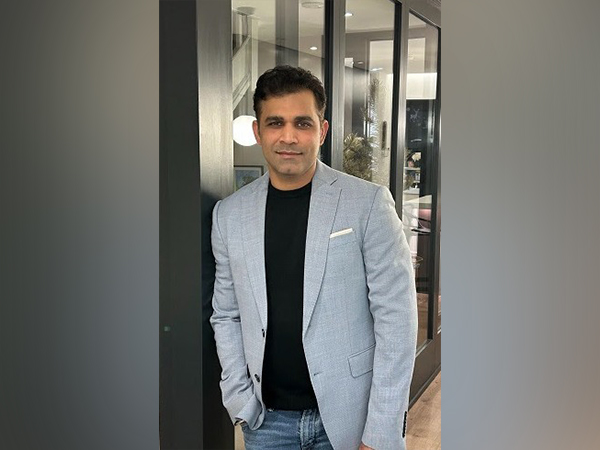
Protests erupt across Peru, police officers deployed to guard capital Lima
Jan 20, 2023
Lima [Peru], January 20: Thousands of police officers deployed to the capital Lima as hundreds of protesters marched toward the downtown area on Thursday, while fierce clashes erupted in the southern city of Arequipa, reported CNN.
Protesters want new elections, the resignation of President Dina Boluarte, a change to the constitution and the release of former President Pedro Castillo, who is currently in pre-trial detention. Outrage initially sparked by the country's political instability has only grown as the death toll ticks upward, reported CNN.
At least 53 people have died in the unrest since Peru's protest movement began in December, and a further 772 have been injured, the national Ombudsman's office said Thursday.
Smoke was seen billowing from the fields surrounding Arequipa's international airport, which suspended flights on Thursday, as several people tried to tear down fences, according live footage from the city. Protesters shouted "assassins" at the advancing police and threw rocks.
The country has been seeing its worst violence in decades, which erupted following the December ousting of Castillo, as protesters who oppose the current government call for political change, reported CNN.
Protestors marching in Lima on Thursday demanded the resignation of President Boluarte and called for general elections as soon as possible - while also defying a state of emergency imposed by the government on Sunday.
General Victor Sanabria, head of Peru's National Police for the Lima region, told local media that 11,800 police officers were deployed in Lima, with key locations such as the parliament, the prosecutor's office, select TV stations, the Supreme Court and the army headquarters receiving extra protection.
Authorities have been accused of using excessive force against protesters, including firearms, in recent weeks.
Autopsies on 17 dead civilians, killed during protests in the city of Juliaca, found wounds caused by firearm projectiles, the city's head of legal medicine told CNN.
At the core of the crisis are demands for better living conditions that have gone unfulfilled in the two decades since democratic rule was restored in the country.
While Peru's economy has boomed in the last decade, many have not reaped its gains, with experts noting chronic deficiencies in security, justice, education, and other basic services in the country, reported CNN.
Castillo, a former teacher and union leader who had never held elected office before becoming president, is from rural Peru and positioned himself as a man of the people.
Many of his supporter's hail from poorer regions, and hoped Castillo would bring better prospects for the country's rural and indigenous people.
While protests have occurred throughout the nation, the worst violence has been in the rural and indigenous south, which has long been at odds with the country's coastal White and mestizo, which is a person of mixed descent, elites, reported CNN.
Peru's legislative body is also viewed with scepticism by the public. The president and members of congress are not allowed to have consecutive terms, according to Peruvian law, and critics have noted their lack of political experience.
A poll published September 2022 by IEP showed 84 per cent of Peruvians disapproved Congress's performance. Lawmakers are perceived not only as pursuing their own interests in Congress, but are also associated with corrupt practices.
The country's frustrations have been reflected in its years-long revolving door presidency. Current president Boluarte is the sixth head of state in less than five years.
Source: Times Of Oman






